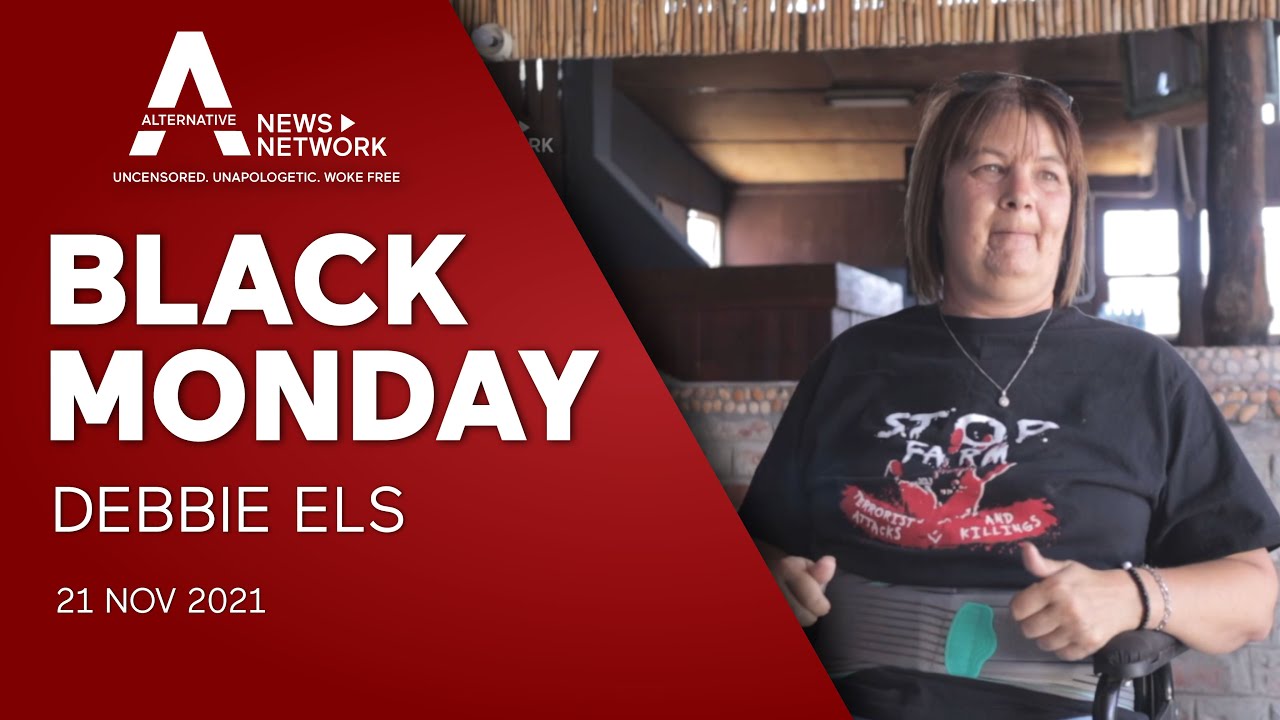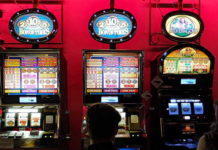
All countries have their own approach to regulating gambling games and South Africa is no different. Although South Africa once completely outlawed casino gaming, the Rainbow Nation has gradually been loosening things up. Despite this, the country still is opposed to many forms of online gambling, and there is still much confusion about what you are allowed to bet on in South Africa.
At the moment, there are many licensed casinos dotted across South Africa that allow customers to bet real money on games like blackjack, roulette, poker and slots. In addition this, betting on certain sports like horse racing is also permitted and has been legal in South Africa for many years.
However, it seems that gambling legislation in South Africa has failed to keep up with the growing trend of online gaming. In many countries all over the world, people can enjoy playing free and legal games of blackjack in the knowledge that the activity is safe and regulated. There are even resources that offer a Blackjack Demo Mode (Demo Version) that allows people to play this classic card game for free so that they can enjoy blackjack without worrying about their money. The main thing to remember is that if you want to bet real money on blackjack in South Africa, you must be over the age of 18 years. This applies to both playing blackjack in a land casino or even at an online alternative such as https://black-jack.com/ or one of the many other sites.
Unfortunately, the existing gambling laws in South Africa currently make accessing such entertainments fairly difficult. This is because the National Gambling Act of 2004 banned interactive gambling on the internet.
Traditional sports betting on the likes of horse racing, cricket, rugby and football are exempt from these rules as they are not seen to be interactive. As long as an online provider has the necessary licensing, it is therefore legal to bet online on traditional sports.
But for so-called interactive betting on casino games like blackjack, poker, roulette and bingo, it seems that such activities are prohibited. There was an attempt made to legalise interactive gambling through the National Gambling Amendment Act of 2008 but it faced formidable opposition from land-based gambling establishments and failed to come into effect.
These strict laws quickly meant that there was a flood of offshore providers who attempt to get around the red tape to allow South Africa’s casino gaming fans a quick and easy way to bet online. As a result, a judgment was made by the North Gauteng High Court that attempted to ban online gambling through servers located outside of South Africa.
This meant that any casino sites or internet service providers who offered bets on online casino games could face fines of up to R10 million or even face up to 10 years in prison. In addition to this, even banks that processed payments for online casino sites could be given similar fines and sentences. Plus any television station, newspaper or radio network that advertised online casino gaming could also be held liable.
So what’s behind this opposition to the spread of online casino gambling in South Africa? There’s certainly no shortage of casino gamers in the Rainbow Nation. The country is host to many glittering casinos such as the Gold Reef Casino in Johannesburg and the GrandWest Casino and Entertainment World outside of Cap Town.
Such establishments are thought to be behind efforts made to prohibit the rise of online gambling in the nation. As far back as 2007, revenues from gambling generated R13.52 billion, and as much as 86% of this came from South Africa’s casinos. The revenues are expected to rise to R30 billion in 2019 and it’s clear that this could be a much higher amount should online casino gaming be permitted.
Although other nations such as the USA have been relatively resistant to permit online gambling, it is clear that this is not the prevailing theme. In Europe, there are many countries like the UK, Germany and Sweden that enjoy much more liberal legislation regarding online gambling and this has helped these nations benefit from increased revenues. In addition to this, the more liberal gambling legislation has been seen to have helped safeguard customers against rogue unlicensed online casino sites.
It remains to be seen whether South Africa will introduce legislation to accommodate the rise of online casino gaming in the future. While there will certainly be an element of public opposition to such activity, the widespread use of internet technologies across the nation might give authorities no option but to harness the potential of the online casino gaming phenomenon.













